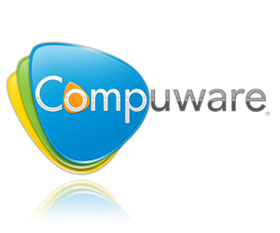Govt unsure over mobile health technologies
Despite saying it will prioritise e-health solutions, the Department of Communications (DOC) says the industry still needs to prove that SA can sustain the use of mobile health technology for day-to-day health care service.
Speaking at the mobile health summit recently, deputy Communications minister, Obed Bapela said there were many hurdles facing the adoption of mobile health solutions in the country.
According to Bapela, before mobile solutions become part of mainstream health care service delivery - questions of affordability, which often plague the adoption of this emerging technology, need to be addressed.
He added that while there were claims on the enormous potential for mobile health solutions globally - there remains several barriers which include regulatory issues and adoption by mainstream healthcare providers.
“Whilst there are global reports such as Mobile Health Market Report 2010 to 2015, which show that Mobile Health has the potential to reduce costs, associated with one of the most expensive aspects of our health care system; chronic disease care, such claims have not been confirmed locally,” he explained.
Bapela said that mobile health solutions should first be adopted by clinicians and other health care providers – before solutions become common in the broader health care system.
“Our role as government and specifically is to create a conducive environment for growth of mobile technologies in SA so that they can make a meaningful contribution especially to the key priority areas of government such as health, education and job creation,” he added.
According to him mobile health in SA should not be seen in isolation but should be viewed within the context of e-Health applications.
“South Africa fully embraces the potential for Information and Communications for health care service delivery hence e-Health is one of the priority areas within the country’s implementation of the Information Society and Development Plan,” he explains.
Government’s focus would be on developing ICT policies and legislation that create this growth in mobile technologies. This would be done through the Independent Communications Authority of South Africa (ICASA) and the legislation and regulations governing radio frequency spectrum as well as licensing for mobile operators.
“The market in which mHealth operates, should know and be aware of where South Africa is and what we as government needs. We expect mobile health to live beyond pilot projects; to the main stream delivery of the needed health care services in South Africa, Africa as a whole and other developing countries.”



